Academic Freedom, Equality & and the 'Free Speech Champion for Universities’
Notes & Changes
Register here. Please note that this event may be recorded, with the exception of any live audience questions.
Academic freedom guarantees to scholars the freedom to uncover and disseminate knowledge. Ordinarily, the right to free expression as well as the right to equality go hand in hand with academic freedom: an academic forced to abandon a research whose findings may reveal governmental failings has had her interests in free expression as well as academic freedom violated; a university which tolerates a racially hostile work environment for a black academic breaches her interest in equality as well as her academic freedom. In some cases, however, these values might appear to pull in different directions. Recent controversies that arguably find these values in opposition to each other include debates over transgender rights, racism, and no-platforming. The British government has even proposed a ‘Free Speech Champion’ for universities as a corrective. The panel will discuss these values, and their interactions, in the context of some recent controversies.
An audio recording of this event is available to listen to on Soundcloud
Welcome: Professor Kristin van Zwieten, Associate Dean for Equality & Diversity, Faculty of Law, Oxford
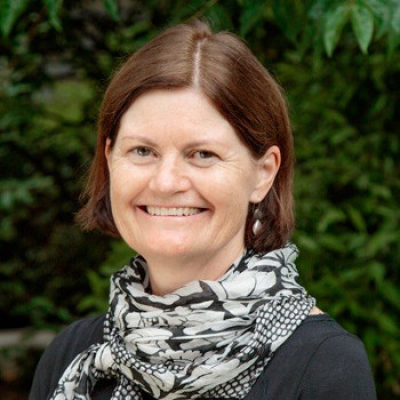
Kate O'Regan is the inaugural Director of the Bonavero Institute of Human Rights and a former judge of the South African Constitutional Court (1994 – 2009). In the mid-1980s she practiced as a lawyer in Johannesburg in a variety of fields, but especially labour law and land law, representing many of the emerging trade unions and their members, as well as communities threatened with eviction under apartheid land laws. In 1990, she joined the Faculty of Law at UCT where she taught a range of courses including race, gender and the law, labour law, civil procedure and evidence. Since her fifteen-year term at the South African Constitutional Court ended in 2009, she has amongst other things served as an ad hoc judge of the Supreme Court of Namibia (from 2010 - 2016), Chairperson of the Khayelitsha Commission of Inquiry into allegations of police inefficiency and a breakdown in trust between the police and the community of Khayelitsha (2012 – 2014), and as a member of the boards or advisory bodies of many NGOs working in the fields of democracy, the rule of law, human rights and equality.
Panellists:
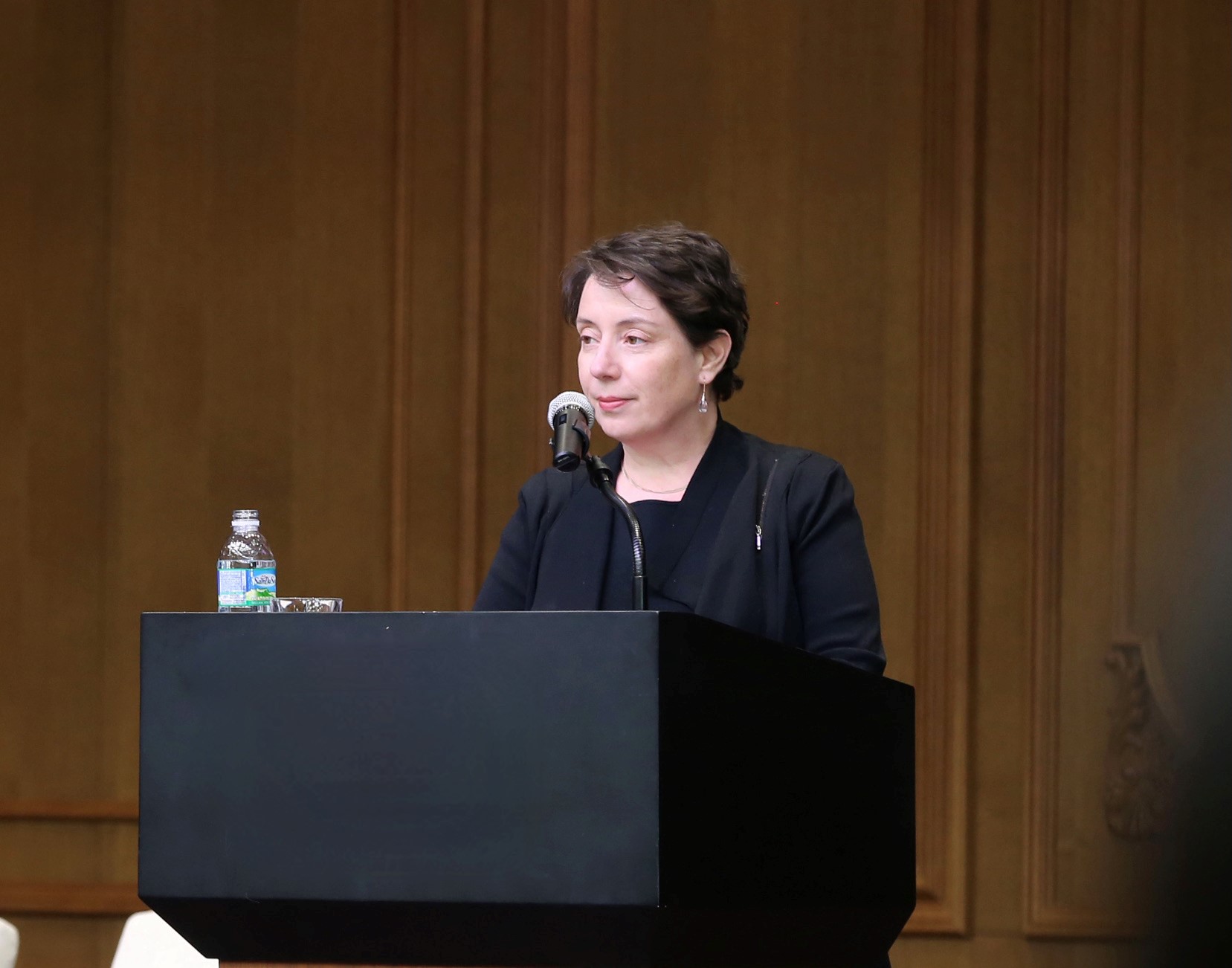
Adrienne Stone holds a Chair at Melbourne Law School where she is also Redmond Barry Distinguished Professor and Director of the Centre for Comparative Constitutional Studies. She researches in the areas of constitutional law and constitutional theory with particular attention to freedom of expression and academic freedom. She is a Kathleen Fitzpatrick Australian Laureate Fellow and her Laureate Program on Comparative Constitutional Law assembles a research team to investigate challenges to liberal democratic constitutionalism. She is the President of the International Association of Constitutional Law and is an elected Fellow of the Academy of Social Sciences in Australia and Australian Academy of Law.
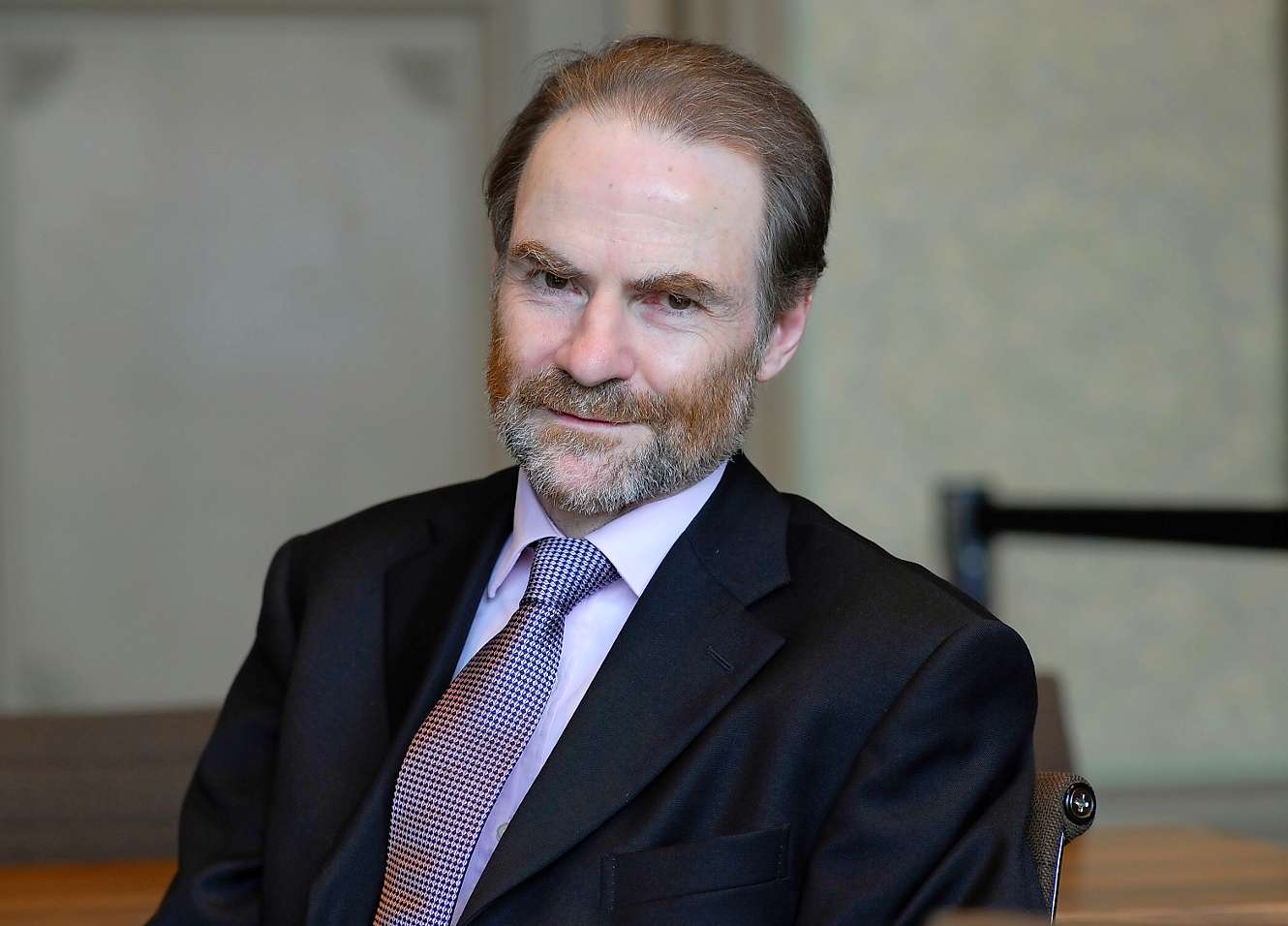
Timothy Garton Ash is Professor of European Studies, University of Oxford, Isaiah Berlin Professorial Fellow at St Antony’s College, Oxford, and a Senior Fellow at the Hoover Institution, Stanford University. He is the author of ten books of contemporary history and political writing, including most recently Free Speech: Ten Principles for a Connected World and a third edition of The Magic Lantern: The Revolution of ’89 Witnessed in Warsaw, Budapest, Berlin, & Prague, with a new chapter analysing developments over the last 30 years. He also writes a widely syndicated column on international affairs in the Guardian. In 2017, he was awarded the International Charlemagne Prize for services to European unity.
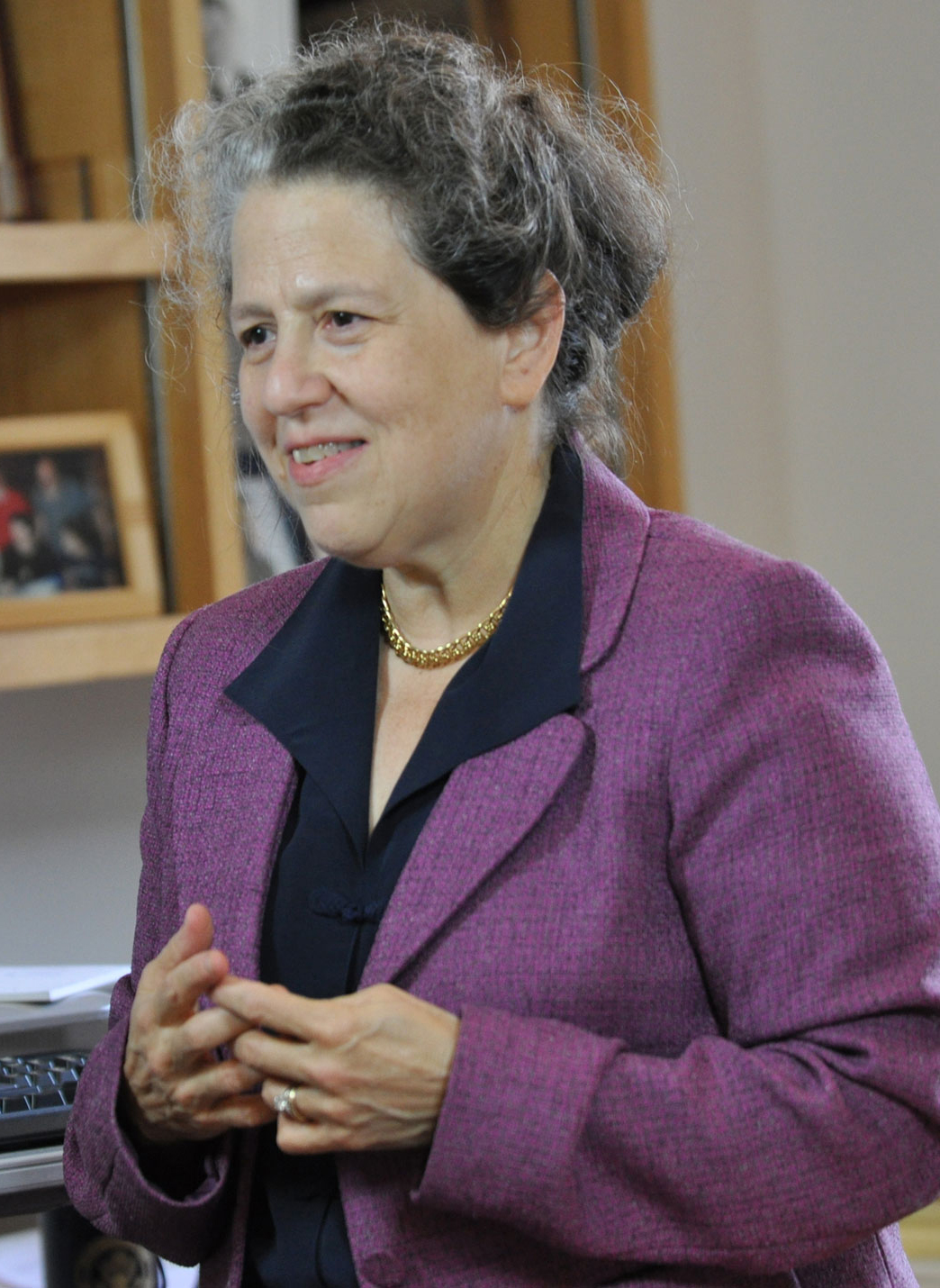
Vicki C. Jackson, Laurence H. Tribe Professor of Constitutional Law (previously known as the Thurgood Marshall Professor of Constitutional Law), writes and teaches about U.S. constitutional law, federal courts, and comparative constitutional law. She is the author of Constitutional Engagement in a Transnational Era (2010), and coauthor, with Mark Tushnet, of Comparative Constitutional Law (3d ed. 2014), a course book in the field. She has written on federalism, gender equality, election law, free speech, knowledge institutions, sovereign immunity, justiciability, judicial independence, proportionality review, the co-evolution of international and constitutional law, methodological challenges in comparative constitutional law, and other topics.
Her edited collections include Comparative Constitutional Law (2020) (with Mila Versteeg, co-editor); Proportionality: New Frontiers, New Challenges (2017) (with Mark Tushnet, co-editor); Constitutionalism Across Borders in the Struggle Against Terrorism (2016) (with Federico Fabbrini, co-editor); Federal Courts Stories (2010) (with Judith Resnik, co-editor); and Defining the Field of Constitutional Law (2002) (with Mark Tushnet, co-editor). Other books include Federalism (2013) (with Susan Low Bloch) and a course book, Inside the Supreme Court: The Institution and Its Procedures (2d ed., 2008) (with Susan Low Bloch and Thomas G. Krattenmaker). Her current scholarly projects include work on normative conceptions of the role of elected representatives in a democracy; the role of knowledge institutions in constitutional democracies (and implications for U.S. First Amendment and administrative law); the role of effective government in sustaining constitutionalism; proportionality as principle and doctrine; and judging and gender.
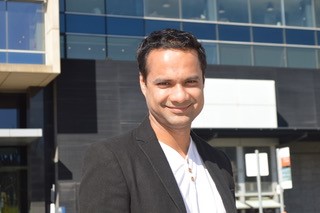
Tarun Khaitan is the Professor of Public Law and Legal Theory at Wadham College (Oxford) and a Vice Dean at the Faculty of Law (Oxford). He is the Head of Research - elect at the Bonavero Institute, where he will be starting this summer. He is also a Professor & Future Fellow at Melbourne Law School, working on a project on the resilience of democratic constitutions, with a focus on South Asia. He specialises in legal theory, constitutional law and discrimination law.
He is the founding General Editor of the Indian Law Review, founder and Chief Advisor of the Junior Faculty Forum for Indian Law Teachers, and an Affiliate of the Bonavero Institute of Human Rights and an Associate of the Oxford Human Rights Hub. He completed his undergraduate studies (BA LLB Hons) at the National Law School (Bangalore) in 2004 as the 'Best All Round Graduating Student'. He then came to Oxford as a Rhodes Scholar and completed his postgraduate studies (BCL with distinction, MPhil with distinction, DPhil) at Exeter College. Before joining Wadham, he was the Penningtons Student (Fellow) in Law at Christ Church. He has also been a Global Visiting Professor of Law at NYU Law School.

